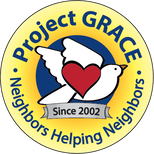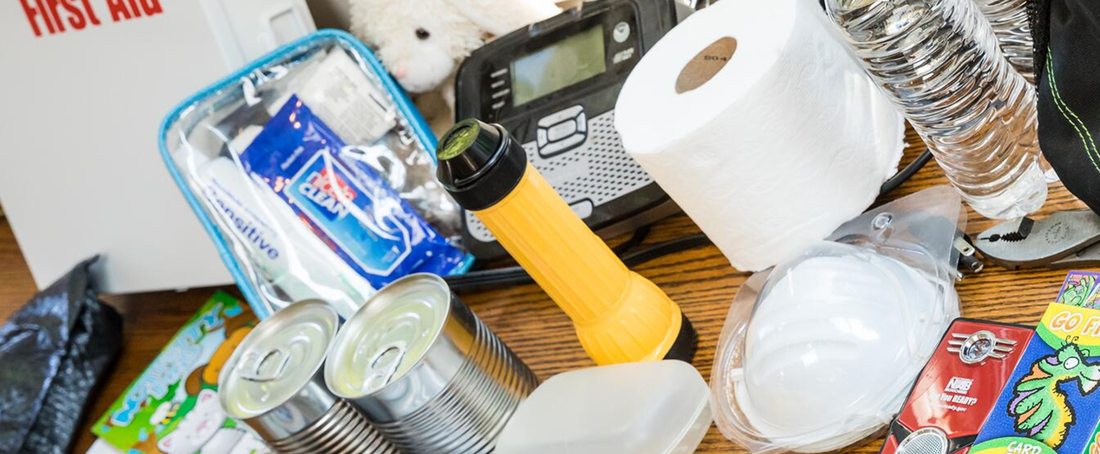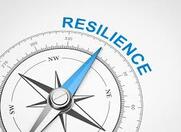RESILIENCE
KEEPING OUR NEIGHBORS SAFE
|
Being prepared for an emergency isn't just about staying safe during a storm or a disaster. It's also about how to stay comfortable, clean, fed, and healthy afterwards—when a storm or disaster may have knocked out electricity, made roads impassable, or you are waiting for first responders to get to you and your family.
How prepared are you for a disaster? Do you have skills and experiences you can build on to help you be more resilient? Have you taken an inventory of what you would need for a "Go-Kit" or emergency preparedness kit for you, your family, your pets? Do you have a list of what you'll need? If you have a kit already made, when was the last time you checked that its contents were complete, in good working order, not expired, and ready to use?
|
883-5111
|
BUILDING A PREPAREDNESS KIT
After an emergency, you may need to survive on your own for several days. Being prepared means having your own food, water and other supplies to last for several days. A disaster supplies kit is a collection of basic items your household may need in the event of an emergency.
Once you take a look at the basic items for your kit consider unique needs for your family, including special items for kids, seniors, and pets.
TIP: assembling kits can cost a lot up front, but you can also put them together gradually over time, purchasing one or two things every month or so, or every time you shop, and you'll soon build your kit without a huge dent in your wallet. Essentials for a Kit
|
Maintaining a Kit
After assembling your kit remember to maintain it so it’s ready when needed:
Keep items in airtight plastic bags and put your entire disaster supplies kit in one or two easy-to-carry containers such as plastic bins or a duffel bag. (Don't make it too heavy! If you or your kids can't carry it, it's of no use to you.) Because you may be at home or out and about when an emergency occurs, consider making basic kits for home, work and your car.
FINANCIAL PREPAREDNESS TIPS
Mainers at all income levels have experienced the challenges of rebuilding their lives after a disaster or other emergency. In these stressful times, having access to personal financial, insurance, medical and other records is crucial for starting the recovery process quickly and efficiently. Here are few tips to get you started:
|
SET YOUR COURSE FOR RESILIENCE
A well-stocked preparedness kit, while essential, is not enough. Building resilience long before it is required is something to think about and do on a daily basis. Ask yourself: How can I improve problem-solving skills and ability to plan? How can I practice healthy mental habits for resilience on a daily basis? Where can I learn more skills? What does my support network look like? How can I strengthen and build my connection to others?
|
PO Box 6846, Scarborough, Maine 04070-6846 | 207.883.5111 | pgme @ projectgracemaine.org









